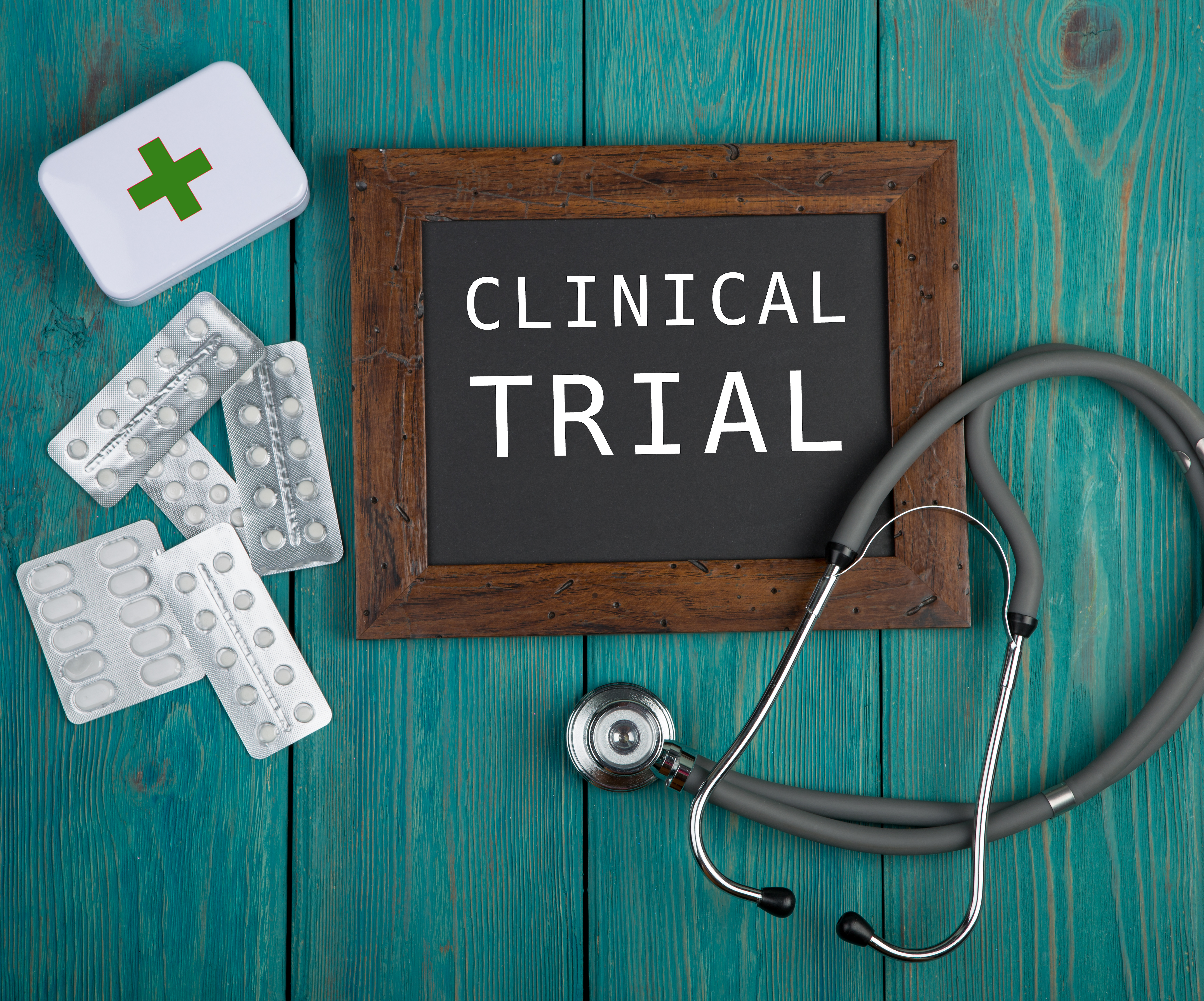AXO-Lenti-PD Gene Therapy Showing Benefits in 2nd SUNRISE-PD Group

The investigational gene therapy AXO-Lenti-PD continues to be well-tolerated and to ease disease symptoms in people with Parkinson’s, new SUNRISE-PD trial data covering a second and higher dose patient group indicate.
Parkinson’s disease is characterized by a gradual loss of the neurons in the brain that make dopamine, a neurotransmitter involved in motor control.
AXO-Lenti-PD, a gene therapy being developed by Axovant, uses a viral vector to deliver three genes involved in the production of dopamine (tyrosine hydroxylase, cyclohydrolase 1, and aromatic L-amino acid decarboxylase) to brain cells via a surgical procedure. The therapy’s overall goal is to restore steady dopamine levels in the brain.
SUNRISE-PD, a Phase 1/2 clinical trial (NCT03720418), is evaluating AXO-Lenti-PD in up to 30 adult patients; this study is still enrolling at sites in France and England.
The trial is being conducted in two phases: Part A is a dose escalation study, in which participants receive one of three consecutively higher doses of the gene therapy in an open-label manner. Based on the results from Part A, a dose will be selected for Part B, where patients will be randomly assigned to either AXO-Lenti-PD treatment or a sham procedure to serve as controls.
A first two-person group were treated at the lowest dose (4.2×106 transducing units). Previously released one-year data from this group showed a good safety profile, as well as eased motor symptoms during “off” periods (times when Parkinson’s medications aren’t effectively controlling symptoms). Improved scores on the Unified Parkinson’s Disease Rating Scale (UPDRS) Part II “Off” score, which assesses daily life activities, were also reported.
New data come from a second trial group: four participants who were given an intermediate dose (1.4 x 107 transducing units). These four patients had an average age of 57 and an average disease duration of 13 years.
At six months of follow-up, the investigational gene therapy showed a good safety profile in this group, with no serious treatment-related adverse events reported.
Based on patient diaries, daily “off” time decreased by an average of 2.3 hours across these four people.
Daily “good on” time — that is, time when medication effectively controlled symptoms, without any troublesome dyskinesia (involuntary movement) — also increased by an average of 2.2 hours.
All four participants reported greater daily “good on” time and lesser daily “off” time after a single administration of the treatment.
Due to external factors including the COVID-19 pandemic, only two of these four patients were able to undergo UPDRS assessments at six months.
“Although the COVID-19 pandemic impacted our ability to collect full UPDRS data from the cohort, the safety of our patients and staff is our first priority, and we have begun work on validating new technologies that may enable remote-based clinical assessments at future time points in order to obtain complete data sets,” Pavan Cheruvu, MD, CEO at Axovant, said in a press release.
Among the two with available data, UPDRS Part II “Off” score improved by a mean of 14 points (71%) compared to the study’s start (baseline measure). Mean scores on the UPDRS Part III “Off” score — a measure that assesses motor function — improved by 21 points (40%) from baseline.
These new trial data, combined with data from the previous group and as clinical trial data on ProSavin — another investigational Parkinson’s gene therapy by Axovant — are suggestive of a dose response, meaning that a higher dose yields more pronounced treatment effects.
“We are highly encouraged by the growing evidence of dose response and apparent clinical improvement observed in the SUNRISE-PD study, combined with a favorable safety profile. These results exceed our pre-defined base case criteria of 10-15 points of improvement from baseline on the UPDRS Part III ‘OFF’ score and are above a threshold considered clinically meaningful in the medical literature and as compared to standard of care,” Cheruvu said.
“These data, showing over 20 points of improvement on the UPDRS Part III ‘OFF’ motor function score, as well as meaningful improvements in quality of life measures, underscores the potentially best-in-class profile of AXO-Lenti-PD gene therapy in Parkinson’s disease,” added Gavin Corcoran, MD, chief R&D officer at Axovant.
Axovant is planning to begin a randomized, placebo-controlled clinical trial of AXO-Lenti-PD next year.
“Building on these encouraging results, we expect to begin dosing in EXPLORE-PD, a randomized, sham-controlled study in 2021, and will additionally evaluate the safety and tolerability of higher volumes of infusion,” Corcoran said.





